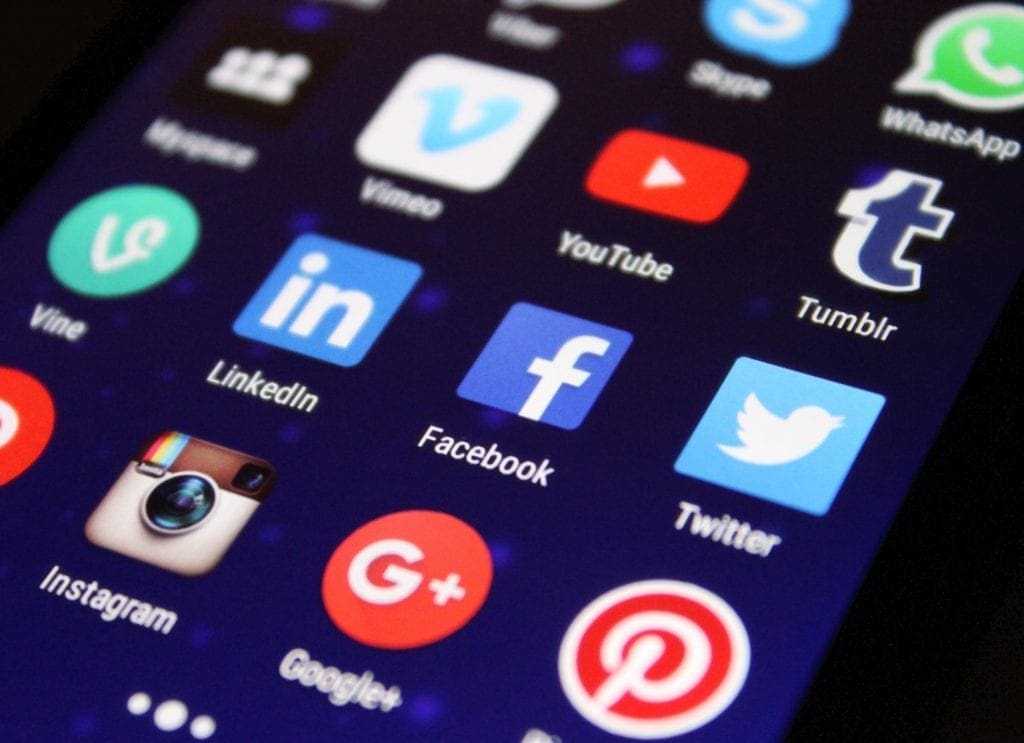Libertarians often talk about respecting private property rights, explaining that no matter how much you might hate a private company’s policy, you should never use the state to force a change of course.
But criticizing a policy openly and passionately has nothing to do with trying to get the government involved. Quite the contrary — making arguments against bad policies openly and trying to persuade others to see the risks is why the free market is vastly superior to an overly regulated economy.

Facebook, a firm with a very bad track record when it comes to cooperating with the government on its unconstitutional spying operations, once again proved all free marketers right by putting our data at risk. Could it be that the Silicon Valley giant just isn’t all that into keeping our data safe?
In a lawsuit, Facebook claimed that two Ukrainian quiz makers used the platform to steal profile data and friends lists of 60,000 people. Some of the quizzes targeting the unaware users included “What does your eye color say about you?”, “Do you have royal blood?”, and “What kind of dog are you according to your zodiac sign?”
Using browser extensions, Gleb Sluchevsky and Andrey Gorbachov reportedly introduced their own advertisements onto Facebook’s news feed whenever the user accessed the social media platform through the compromised extensions. According to the lawsuit, “[t]he scam operated from 2016 to October 2018, when Facebook kicked the men off their site and banned their malicious extensions from app stores.” Most of the impacted users were Russian.
While the lawsuit does not state whether a motive for the data-scraping campaign was established, Facebook states the two men committed fraud, violated federal and California laws and broke the company’s terms of service.
After news outlets reported on this lawsuit, Facebook founder Mark Zuckerberg posted a note explaining that he envisions a more “privacy-focused” social media experience.
But despite this wish, Zuckerberg himself admitted his platform “[doesn’t] currently have a strong reputation for building privacy protective services.” Still, he expressed hope in the future.
“I believe we should be working towards a world where people can speak privately and live freely knowing that their information will only be seen by who they want to see it and won’t all stick around forever,” he wrote.
While we can all agree that is a worthy goal, it’s still difficult to trust Zuckerberg’s methods. Especially when the firm is constantly on the news for allowing malicious actors to have access to users’ private data.
And we’re not talking about private companies paying to target certain users on Facebook for political campaigns, we’re talking real, unlawful data breaches perpetrated by the government.
Most notoriously is Facebook’s involvement with the National Security Agency (NSA)’s PRISM program, which tapped into the encrypted data generated by online users.
From the time it was made public, it was clear from the leaked documents the surveillance campaign was run with the assistance of the companies and yet, Facebook flatly denied it was aware of the program. Now that Zuckerberg claims he’s engaged in making his platform more privacy-focused, we wonder if he intends on protecting our data only from rogue, private actors or if government’s spies are also a concern.
As philosopher and author Ayn Rand once explained, “[c]ivilization is the progress toward a society of privacy.” If we strive to live in a civilized world, we must put privacy first. And that means putting an end to the government’s never-ending thirst for more of our data.
In an age people sacrifice privacy to remain active on social media, it is important that we begin to ask ourselves how willing we are to allow private companies to remain engaged in government-sponsored surveillance.
While we have recourse in case a company like Facebook misuses our data privately, it’s more than proven we have nowhere to run to when the government is the one engaging in abusive behavior.

























